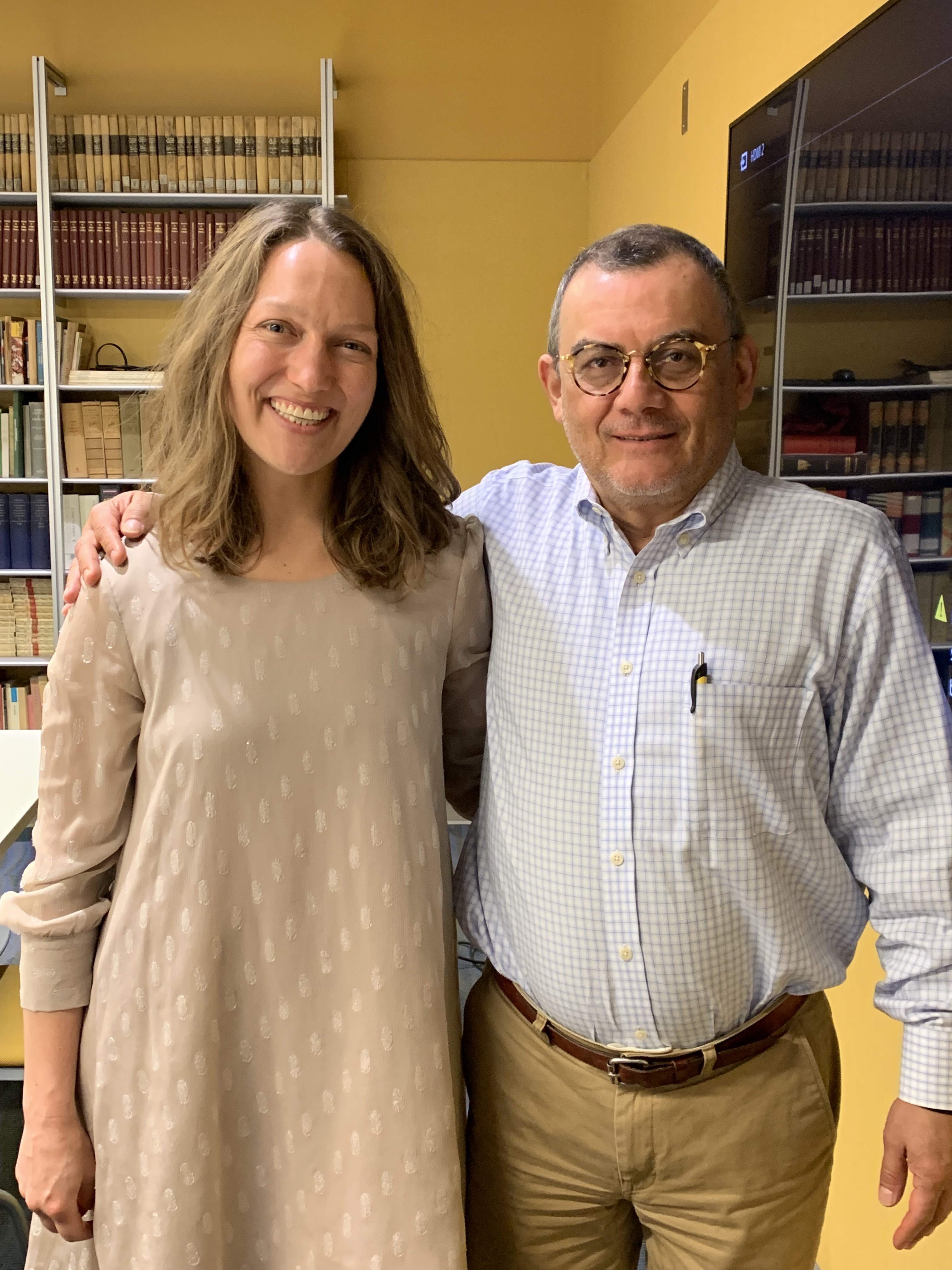Research
I specialize in 20th- and 21st-century Mexican and Central American narrative fiction, as well as in broad comparative areas that reach into other disciplines and traditions: sound studies, critical theory, political philosophy, and border and diaspora studies. My research is animated by questions of political agency, economic precarity, and the effects of extractivist practices, as well as by the ways in which literature shapes, critiques, and indexes neoliberal globalization and its offshoots, especially the Capitalocene.
My first book, Novel Distortions: Postnationalism and Literary Form in Mexico and Central America (under contract with Pittsburgh University Press, Illuminations: Cultural Formations of the Americas Series), considers literary responses to the shifting grounds of national modernity in Latin America. The novel emerged in lockstep with the nation state, serving as the cultural counterpart to the state’s political form in the modern era. However, these dynamics are unraveling as the raison d’être of the contemporary state veers from its people to the neoliberal market. Novel Distortions theorizes this emergent political and literary epoch through the lens of postnationalism, which describes the altered but still active role of the patriarchal nation state in society and culture, as well as the way in which novelistic form inscribes and is a symptom of these changes. Centered on the Mexican and Central American context, the book examines narrative fiction whose postnational aesthetics conceptualize and lend intelligible shape to the social worlds generated by the gradual and uneven turn away from national modernity. Recalling how these two phallogocentric forms—-the novel and the nation—-developed alongside one another, I situate each work in relation to the literary tradition that precedes it, considering how political and economic upheaval is accompanied by related changes to narrative form. In this regard, Novel Distortions asks: If the novel is the genre par excellence of national modernity, what becomes of this literary form as the hegemony of the nation state is undermined by postnational logic? Reading novels by Roberto Bolaño, Laury Leite, Valeria Luiselli, Horacio Castellanos Moya, Claudia Hernández, and Carol Zardetto as postnational narratives, the book shows how Mexican and Central American narrative fiction illuminates our comprehension of politics and envisions new forms of community and relationality from the postnational present.
I am working on a second book project, tentatively titled Sounds of the Capitalocene: Extraction and Aurality in Mexican Literature, that considers how 20th- and 21st-century authors mobilize sound and listening in distinct literary texts as a means of responding to exclusionary politics, economic inequalities, gendered violence, and ecological devastation of advanced capitalism. In it, I read authors such as Amaranta Caballero Prado, Dahlia de la Cerda, Jorge Comensal, Inti García Santamaría, Yuri Herrera, Xavier Icaza, Emiliano Monge, Mariana Oliver, Guadalupe Nettel, and Cristina Rivera Garza, whose works position listening as a form of care in the extractivist present and whose texts turn to sound, silence, and hearing to imagine alternatives to the social and environmental devastation of developmentalist and capitalist logic.
Peer-Reviewed Publications
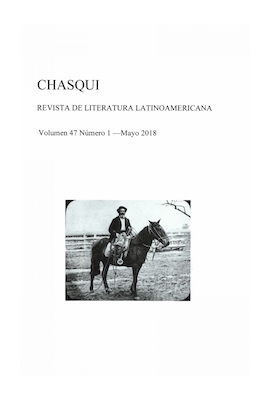
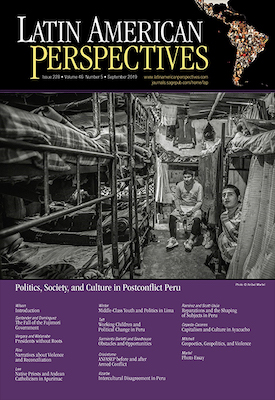
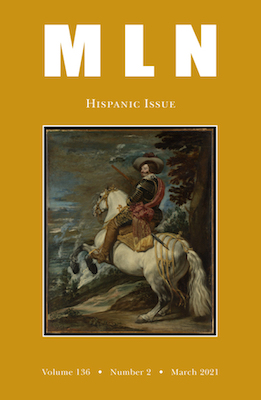
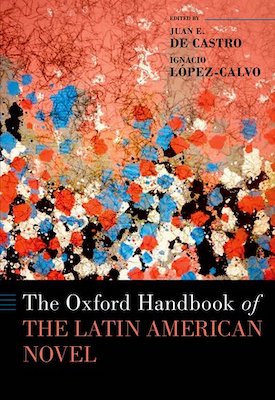
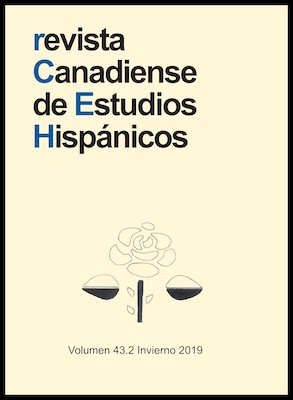
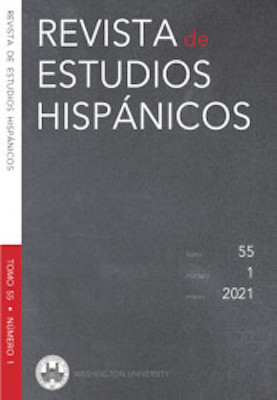
Books
- Novel Distortions: Postnationalism and Literary Form in Mexico and Central America. Pittsburgh University Press, Illuminations: Cultural Formations of the Americas series, Summer 2026.
Journal articles
“Señorita Bovary: Speculative Realism and the Novel in El Salvador.” Comparative Literature (accepted August 2025).
“Sounding Out the Text: Approaches to Latin American Literary Aurality,” with Prof. Amanda M. Smith (UC Santa Cruz). Revista de Estudios Hispánicos (October 2023).
“From Ratiocination to Globalization: Poe, Borges, Bolaño and the Complot of the novela negra mexicana.” CR: The New Centennial Review (December 2021).
“A Narrative Vaivén: Lucha libre and the Modern Nation Unready-to-hand in Horacio Castellanos Moya’s La sirvienta y el luchador.”Modern Language Notes (March 2021)
“Broken Bodies, Broken States: Roberto Bolaño on Neoliberal Logic and (Un)Mediated Violence.” Revista de Estudios Hispánicos (March 2021).
“Escatología y marginalización en la literatura andina: Las porosas fronteras sociopolíticas en Los ríos profundos de José María Arguedas,” Revista canadiense de estudios hispánicos (December 2019).
“Geopoetics, Geopolitics, and Violence: (Un)Mapping Daniel Alarcón’s Lost City Radio” Latin American Perspectives (September 2019).
“Carving Place out of Non-Place: Luis Rafael Sánchez’s ‘La guagua aérea’ and Post-National Space,” Chasqui: revista de literatura latinoamericana (May 2018).
Book chapters and other
“Rewriting the Militant Left: Untranslatability and Dissensus in Horacio Castellanos Moya,” Central American Literature as World Literature, ed. Sophie Esch, Bloomsbury Academic World Literature Series (October 2023).
“The Regional Novel and the Novel of the Mexican Revolution on Common Ground.” Oxford Handbook of the Latin American Novel. Co-authored with Amanda M. Smith, UC Santa Cruz. Eds. Ignacio López-Calvo and Juan E De Castro, November 2022.
“Migration and Diaspora: Central American Literature beyond the Isthmus,” Teaching Central American Literature in a Global Context, MLA Anthology, Eds. Mónica Albizúrez and Gloria E. Chacón, (Summer 2022).
“From Plaintive to Plaintiff: Accessing Rights in Neoliberal Globalization,” Weeping Women: La Llorona in Modern Latina and Chicana Lore, eds. Norma Elia Cantú and Kathleen Alcalá, Trinity University Press (forthcoming August 2026).
“Forced Displacement and Aurality in Mexico: Intertextual Echoes and More-than-Human Sound in Suzette Celaya Aguilar’s Nosotras,” Contemporary Migrations in Latin American Literature, edited by Cecily Raynor and Lara Bourdin. Co-authored with Ester Aguirre Alfaro. Proposal accepted, August 2024.
Review Essays & Book Reviews
Commissioned Thematic Review, “Listening in/to Literature.” Latin American Research Review, October 2022.
Books reviewed: Jason Borge’s Tropical Riffs (Duke UP, 2018), Ren Ellis Neyra’s The Cry of the Senses (Duke UP, 2020), Sarah Finley’s Hearing Voices (U Nebraska P, 2019), Marília Librandi’s Writing by Ear (U Toronto P, 2018), Francine Masiello’s The Senses of Democracy (U Texas P, 2018), and Luz María Sánchez Cardona’s Sonar (UAM Juan Pablo Editores, 2018).Review of Modernity at Gunpoint: Firearms, Politics, and Culture in Mexico and Central America (U of Pittsburgh P, 2018) by Sophie Esch. Revista de Literatura Mexicana Contemporánea, vol. 27, no. 82 (Spring 2021).
Review of The Vanishing Frame: Latin American Culture and Theory in the Postdictatorial Era (U of Texas P, 2018) by Eugenio Claudio Di Stefano. Studies in Twentieth and Twenty-First Century Literature, 45.1 (August 2021).
Review of Chicana/o Remix: Art and Errata Since the Sixties (NYU P, 2017) by Karen Mary Davalos. Chiricú Journal: Latina/o Literatures, Arts, and Cultures 2.2 (May 2018).
Review of Pliegues del yo: Cuatro estudios sobre escritura autobiográfica en Hispanoamérica (Cuarto Propio, 2015) by Sergio R. Franco. Revista de Estudios Hispánicos 51.3 (October 2017).
Invited, Non-refereed
“Natalia Almada: The Sound & the Image,” Chiricú Journal: Latina/o Literatures, Arts, and Cultures 1.1 (September 2016), ed. Jonathan Risner: Indiana University Press.
Translations of poetry by Conceição Evaristo (Brazilian Portuguese to English), Revista Hiedra 1.1 (Fall 2013): 66-68.
